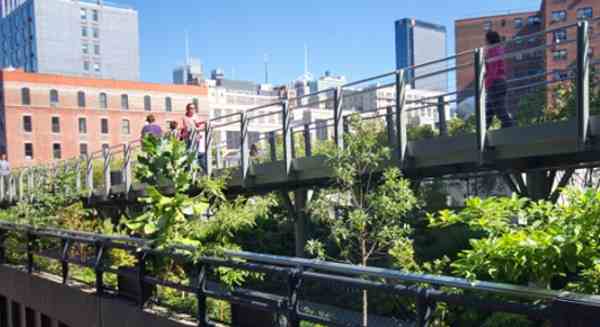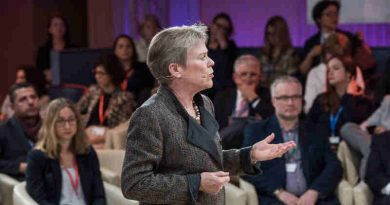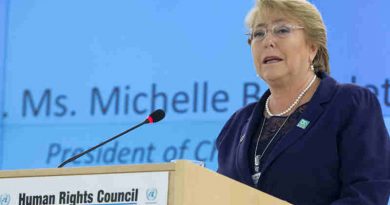How to Make Environment Friendly Buildings

A new programme, launched Monday, aims at improving the social, environmental and economic performance of buildings by promoting resource and energy efficiency, and a shift towards more sustainable consumption and production patterns in the building and construction sector.
Buildings last longer than almost all other types of products and the world around them can be expected to undergo great change during their lifetime.
In the next 15 years, 2 billion more people are expected to move to the world’s cities, particularly in Africa, Asia, and Latin America.
The built environment is rapidly changing, contributing to environmental challenges such as climate and land-use change, natural resource scarcities and waste generation, but it also provides vital opportunities for more sustainable lifestyles.
[ Join: Environment Protection Movement of India ]
Globally, the buildings and construction sectors account for 40 per cent of global energy use, 30 per cent of energy-related greenhouse gas emissions, about 12 per cent of water use, and nearly 40 per cent of waste. They also employ about 10 per cent of the world’s workforce.
The Sustainable Buildings and Construction (SBC) Programme aims to foster a clearer understanding and appreciation of sustainable buildings among relevant stakeholders and to identify the knowledge, resources and incentives required to build, maintain and use them.
It also aims to ensure that structures are healthy to live and work in; that they use land, energy, water and other key resources sustainably; that they respect environmental limits and are responsive to climate change; and that they contribute to the social and economic development of the communities in which they stand.
[ Why Insecurity Persists in India’s Food Security Act ]
The Programme is led by Finland’s Ministry of Environment, and co-led by the United Nations Environment Programme (UNEP), the World Green Building Council (WGBC) and the Royal Melbourne Institute of Technology (RMIT).
Some 18 expert organizations, including UN Habitat, have been confirmed to participate in its Multi-stakeholder Advisory Committee (MAC).
“In a world where more than a billion new homes are estimated to be needed by 2050, it is absolutely clear that sustainability should begin at home,” said Achim Steiner, UN Under-Secretary-General and Executive Director of UNEP.
The SBC Programme will focus on five key work areas. It will:
1. Establish, promote, and enable conditions for sustainable buildings and construction policies;
2. Support and promote sustainable housing;
3. Enhance sustainability in the building supply chain;
4. Reduce climate impact and strengthen climate resilience of the building and construction sector;
5. Enhance knowledge sharing, outreach and awareness raising.
The Programme is one of the six so far approved under the 10-Year Framework of Programmes on Sustainable Consumption and Production, and is the fifth to be launched.
Programmes on consumer information, sustainable tourism including eco-tourism, sustainable public procurement, sustainable lifestyles and education have already been launched, while the sixth programme, on sustainable food systems, will be launched later this year.
The 10-Year Framework of Programmes on Sustainable Consumption and Production Patterns (10YFP) is a global framework that enhances international cooperation to accelerate the shift towards sustainable consumption and production (SCP) patterns in developed and developing countries.
It provides capacity-building and technical and financial assistance to developing countries and economies in transition, and encourages innovation and cooperation among countries and stakeholders. UNEP serves as the Secretariat of the 10YFP and administers its Trust Fund.
Photo courtesy: UNEP





